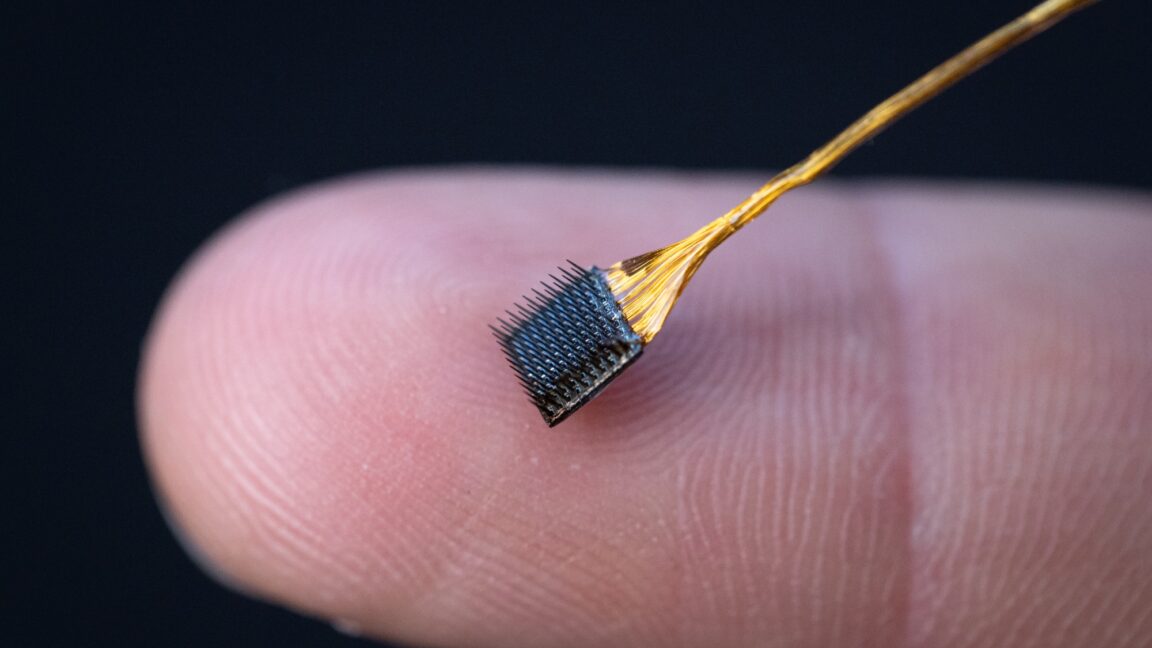Breakthrough Brain-Computer Interface Decodes Silent Speech While Protecting Mental Privacy

Recent advancements in brain-computer interfaces (BCIs) have led to the development of technologies capable of decoding internal speech, offering new possibilities for communication for individuals with severe paralysis. Traditionally, BCIs designed for speech synthesis relied on implanting electrodes in brain regions responsible for translating speech intentions into muscle movements. Patients had to actively attempt to speak, which could be exhausting, especially for those with limited physical capabilities.
Decoding Inner Monologues
Researchers at Stanford University have pioneered a novel BCI that interprets inner speech—the silent thoughts and internal dialogues many of us engage in daily. Unlike previous systems, this device does not require the patient to produce any physical speech or movements. Instead, it captures neural signals associated with internal speech processes, opening new avenues for communication technology.
Ensuring Privacy in Mind-Reading Devices
One of the major challenges in developing such a device was safeguarding the privacy of users. Inner speech often contains personal and sensitive information that users would prefer to keep private. To address this, the Stanford team implemented a groundbreaking “mental privacy” safeguard within the system, designed to prevent the accidental leakage of private thoughts during decoding.
Technical Foundations and Challenges
The initial approach to decoding speech involved recording brain activity in regions controlling muscle movements, based on the premise that attempted speech produces strong neural signals. “We believed that neural signals generated during attempted speech could be leveraged similarly to controlling prosthetic limbs,” explains neuroscientist Benyamin Meschede Abramovich Krasa. However, decoding inner speech presents unique challenges because the neural signals are more subtle and complex, requiring sophisticated algorithms to distinguish meaningful patterns without invading privacy.
This innovative research not only enhances the potential for communication aids but also raises important ethical questions about neural data privacy. As BCIs become more advanced, ensuring users’ mental privacy will be crucial, prompting ongoing discussions in the neuroscience and bioethics communities. For more information on brain-computer interface technologies and privacy considerations, consult resources such as the official [Neural Interfaces](https://www.neuraltech.org/) and [Ethics in Neurotechnology](https://ethicsinhumanneurotech.org/) platforms.




